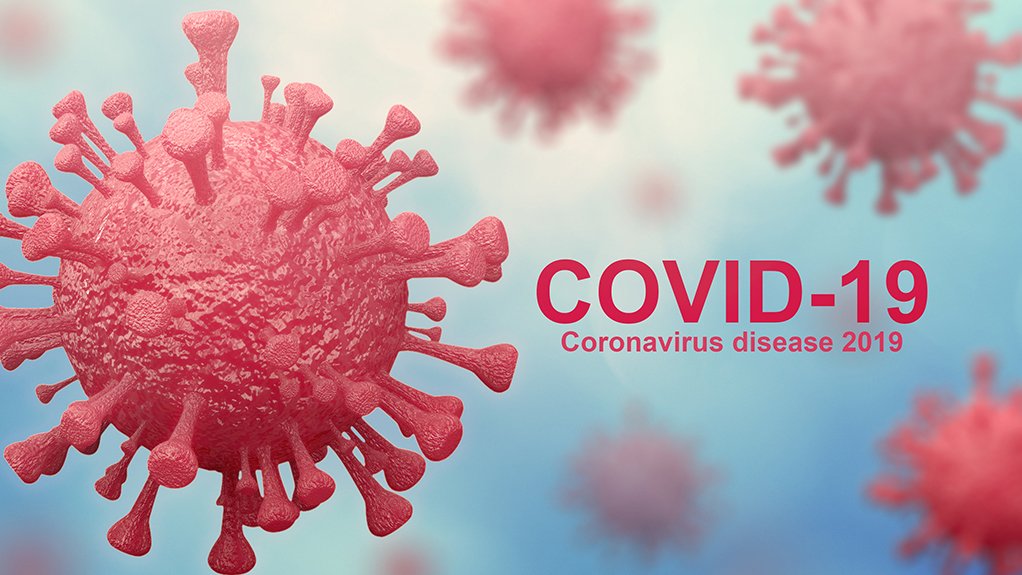World Health Organisation (WHO) regional director for Africa Dr Matshidiso Moeti has said while the impact of the latest Omicron peak has been moderate, the African continent has yet to turn the tide on the Covid-19 pandemic.
She said there was no room for complacency and added that vaccination remains the best defence against severe illness, death and overwhelmed health systems along with other WHO health prevention measures such as wearing masks consistently and correctly, as well as hand washing.
She noted that for the first time since the start of the Omicron short wave, Africa was seeing a significant drop in new cases and a promising dip in reported deaths.
To date more than 10.4-million cases had been recorded in Africa with 234 000 lives lost to the pandemic.
Moeti reported cases fell by 20% in the week to January 16, while the number of deaths dropped by 8%.
She noted that the decrease in deaths was still small and added that further monitoring was still needed to determine whether the trend would be sustained.
She said while four subregions reported a fall in new cases, North Africa was being closely monitored as cases spiked by 55%. Tunisia and Morocco have both seen an exponential increase, overtaking South Africa as the country with most cases on the continent.
Moeti warned that as long as the Covid-19 virus continued to circulate, further pandemic waves were inevitable.
Africa must not only broaden vaccinations but also increase access to critical Covid-19 therapeutics to save lives and to effectively combat the pandemic.
Currently, nations with severe forms of the virus are being treated with steroids which are largely available and affordable, as well as medical oxygen supplies, which remain a challenge in many countries.
African countries face major impediments in accessing a full range of Covid-19 treatments owing to limited availability and high costs.
The WHO has approved 11 therapeutics which can be used for Covid-19 while data is being reviewed on two oral anti-virals from Pfizer and Merck.
Moeti said while South Africa had reduced lockdown restrictions to level one, it was vital that monitoring of cases, deaths and demands on the healthcare system were done at a decentralised level.
When asked about UK Prime minister Boris Johnson’s recent announcement that the country would abandon most emergency lockdown measures to manage the virus, she said there was no way to say the whole world was not at risk.
EMAIL THIS ARTICLE SAVE THIS ARTICLE ARTICLE ENQUIRY
To subscribe email subscriptions@creamermedia.co.za or click here
To advertise email advertising@creamermedia.co.za or click here











